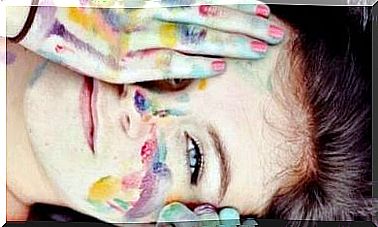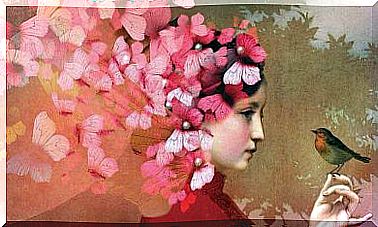Lucios Syndrome: Accepted Conditioning
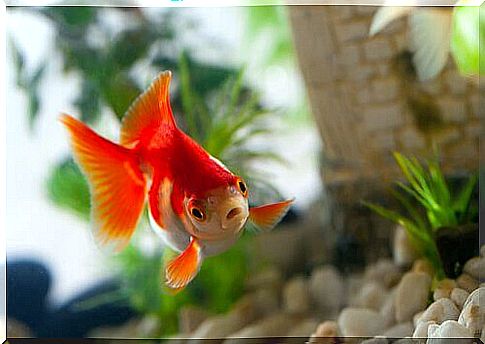
Lucio is the protagonist of the experiment that lends its name to the syndrome. His behavior in the study was the starting shot for what is today called “Lucio syndrome”. But what can this little fish teach us?
We have more of Lucio than we think. Even though we do not live in water or have gills, we can identify with Lucio when we know his story. Knowing what Lucio Syndrome is will probably make us reflect on our own behavior or our thoughts regarding certain situations.
Lucios Syndrome: The Experiment
During this test, our friend taught the psychologists a good lesson. This was later compared to what we do as humans. It seems that the way a fish behaves and the way a human behaves is more similar than one might first think.
The experiment called “Lucio Syndrome” was very simple. The fish was placed in a container that had been divided into two parts with a transparent window. He was on one side and the food was on the other. The first thing Lucio did was try to eat what he had in front of him. But as he approached the food, he was stopped by the glass.
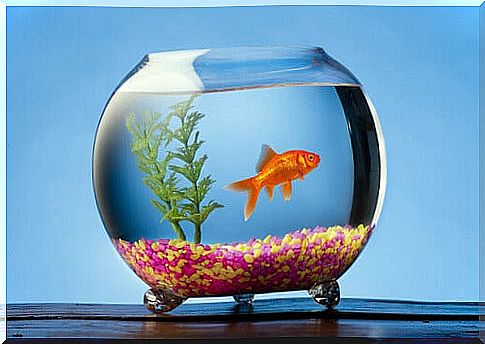
He tried again and again until he gave up and swam on his own side of the container. The researchers removed the window, but Lucio continued to behave as if the window was there, not trying to reach the food again, and stayed on his side of the container. Why? Because his experience had affected him and he was sure he would not be able to reach the food.
Lucio syndrome and humans
Something similar happens to the elephant in the famous tale of Jorge Bucay. This elephant is chained when he is small. These chains are too strong for him to escape, but when he grows up the chains are weak in relation to him, but he still does not try to escape.
Something similar that happened to Lucio and the elephant happens to us quite often. When we think we can do nothing because previous experience has shown us this, we stop trying. Despite the fact that circumstances change, that we grow and gain new skills, we do not try again because it is in our experience that we will fail.
If we believe that we have all the information about a given situation and that we can not complete our task, we present Lucio syndrome. In other words, we accept this inability thanks to past experience. If something did not work before, we will automatically think that the same thing will happen in the present or the future.
We refuse to consider other alternatives or perspectives. We bow our heads and give up. We raise the white flag without trying again because we have already done so and have not received any good results. Whether it’s a family situation, personal experience or incorrect information, we can behave like Lucio and not try again.
Try again
Every time you say “I have tried enough” or “there is nothing more I can do here”, think again. Maybe the situation has changed and the glass that separates you from your goal has been removed. Start analyzing what you need to do and move towards this.
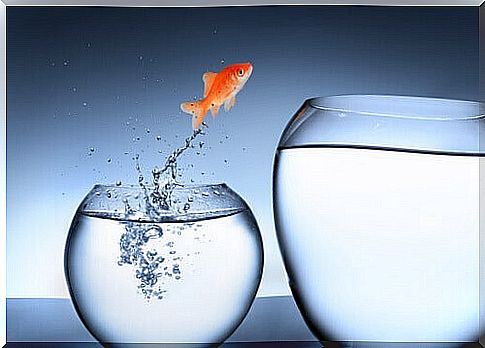
Do not forget that change and transformation require that you are consistent and that you have patience. If it was not possible today, try again tomorrow or next month. Do not give up. Do not suffer through the process. It is better to take advantage and learn.
Do not let anyone or anything condition you to change your thoughts and perceptions. You do not even have the right to do this yourself. Think of Lucio the next time you are faced with a difficult task, but do not behave like him. Look for a way to succeed even when it can take time, energy and resources. The reward of achieving your goal is enough to make it worth trying again.


